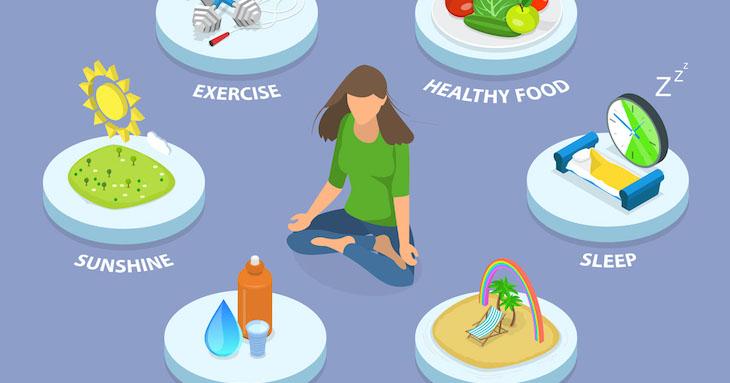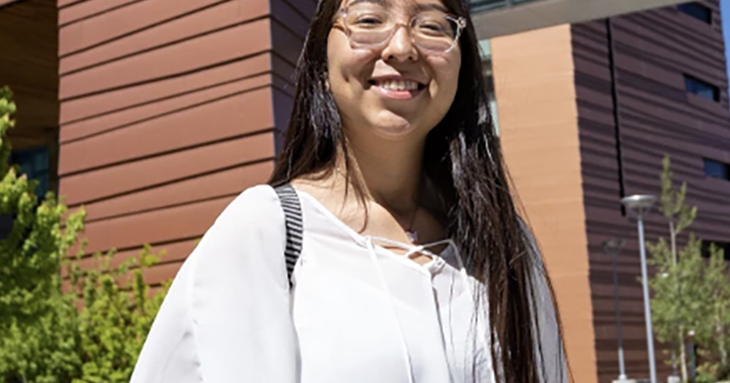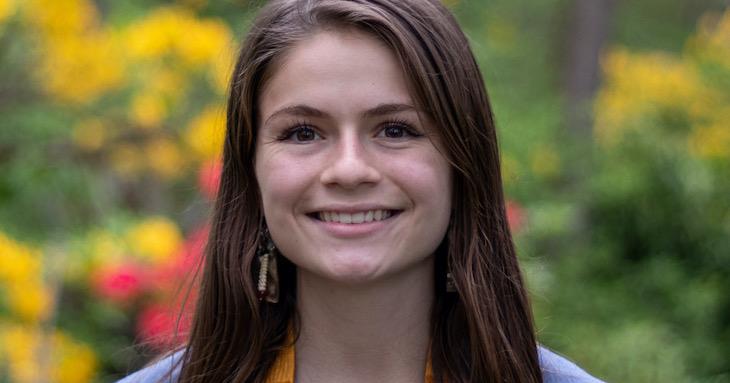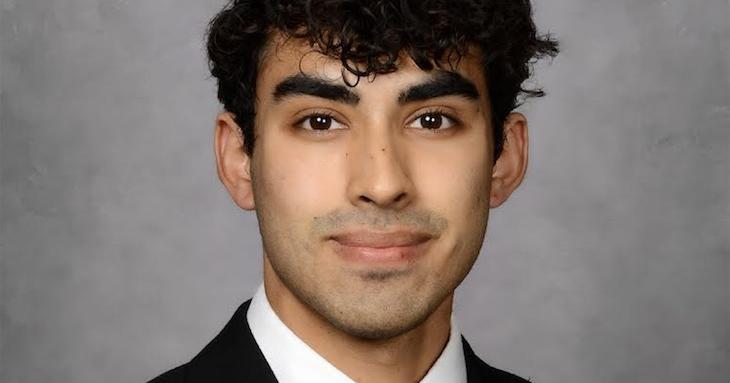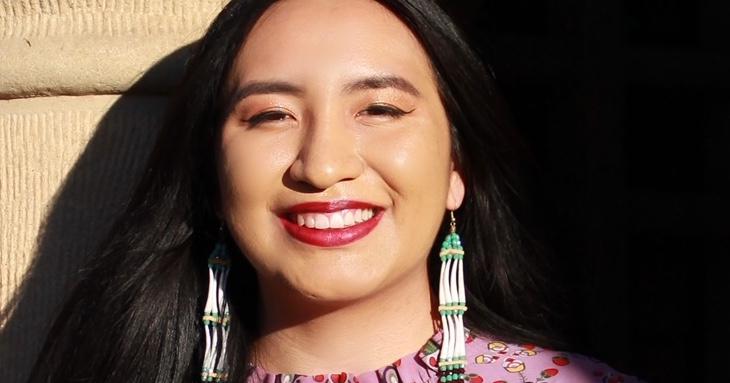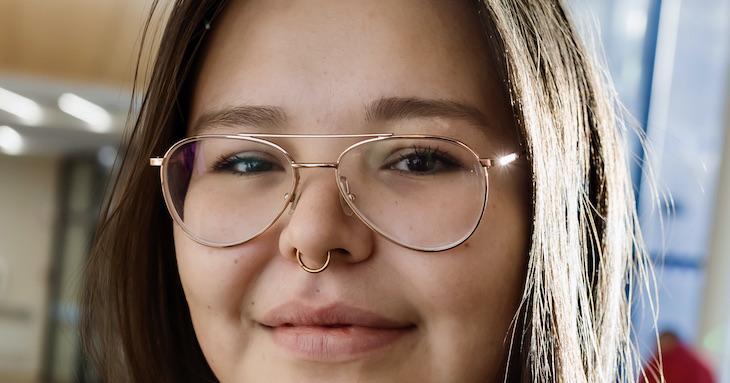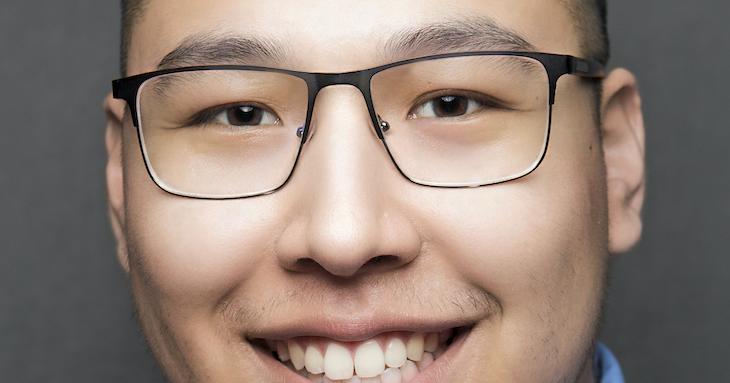-
The Importance of Self-Care
College students are often consumed by classes, extracurriculars, relationships, and other daily commitments. The hectic schedule can be stressful and leave little time for students to take care of themselves. But the importance of self-care can’t be denied. Taking time for yourself can yield a healthier and more enjoyable college experience. Here are a few reasons why self-care is so important.
-
Beyoncé Bahe | White Mountain Apache Tribe | Northern Arizona University
I grew up on the Fort Apache Indian Reservation in a family that has always had a connection to our community. It’s a large part of why I want to become a doctor and get my master’s in public health: I want to serve my community and be a part of it in an even greater aspect. Now, I’m a first-year senior at Northern Arizona University (NAU), on a five-year track with NAU’s Interdisciplinary Global Program (I’m in my fourth year studying at Kyushu University in Fukuoka, Japan), majoring in biomedical sciences and comparative cultural sciences.
-
How to Balance Family Expectations with your Personal Goals
As a child, your goals and expectations may closely align with your parents’. As you get older, you may find that your personal goals begin to differ from your family’s expectations. When that happens, it can create tension in your relationship with your family, and your parents in particular. Here are a few tips to help balance family expectations with your personal goals.
-
The Value of Extracurriculars
It’s no secret: grades matter and striving for personal academic excellence is the job of every student. But it’s important for individuals to develop outside the classroom too. Parents often begin this process, registering their young children for activities such as tiny-tot dance classes, town sports teams, and Lego clubs.
-
Navigating Politics on Campus
Whether you’ve been on campus for a month or years, it’s probably safe to say that you’ve met a diverse group of people. Not only may these people be of different races, genders, and ages, they may also have varying political views. Politics can be a difficult area of discussion, but healthy, productive conversations are possible. Here are a few ways to navigate politics and the current social climate on campus.
-
Temerity Bauer | Round Valley Indian Tribes | University of Oregon Clark Honors College
When most people say they want to be a doctor or researcher, they often imply that their parents forced them into it. My parents are professors of history — boy, were they surprised when I came out loving math and science!
-
Sebastian Diaz | Pasqua Yaqui | University of Arizona
In my family, there are currently three generations of engineers. I am poised to become the fourth. It may seem like I was always destined to be an engineer, but I spent years determining my career path, and even now I don’t feel that it’s set in stone. As a junior at the University of Arizona, I am working toward a degree in biomedical engineering. But I’m not stopping there. My ultimate goal is an MD/PhD, and I am well on my way.
-
Anpotowin Jensen | Oglala Lakota Nation | Stanford University
I grew up on the Pine Ridge Indian Reservation in South Dakota around traditional ceremonies, learning spirituality from my elders and science from my mother. My parents and grandparents prioritized the Lakota way of life and I always wanted to be like them. They are visionaries, and I’m thankful I was raised to see how innovative, grounded, and hopeful Lakota people are. My Ina (mother) was a single mother who raised my siblings and me while attending school and working full time before she met my Ate’ (stepdad) when I was two years old.
-
Julia Doucette-Garr | English River First Nation, Cree, and Métis | University of Saskatchewan
I started out at the University of Saskatchewan in biochemistry. For that major, physics was a prerequisite. Although I had taken physics in high school, it wasn’t my favorite subject. I liked biology and chemistry, but the reading in those courses became overwhelming. Physics, on the other hand, included lab work. We learn theories, and then in the lab, we see those theories in action. That helped me understand the material better, and I decided to switch my major to physics.
-
Michael Martinez | Yup’ik | University of Alaska Anchorage
Rare earth elements (REEs) are vital in medicine, electronics, renewable energy, and communications. But extracting REEs is environmentally stressful, with multiple potential supply chain problems. To address this, I created Arctic Biotech Oath (arcticbiotechoath.com), a start-up to develop sustainable biotechnology to extract REEs from mine ore and tailings using microorganisms in a circumneutral pH rather than highly acidic compounds common to traditional techniques.


